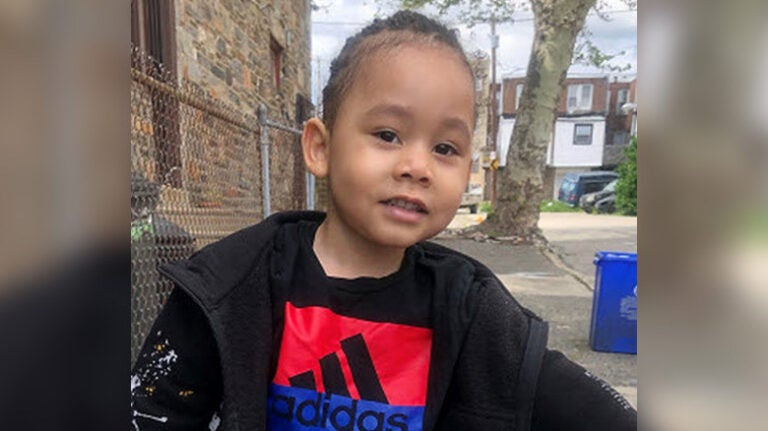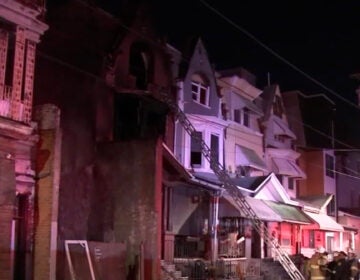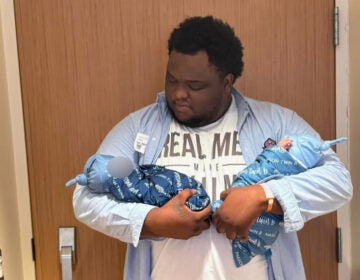And a little child shall lead them: King Hill’s death brings call for change
A chaotic week featuring Trump, John Lewis, coronavirus and federal troops is overshadowed by the murder of a 2-year-old child.

Two-year-old King Hill was reported missing from his Strawberry Mansion neighborhood in early July. (Courtesy of Philadelphia Police)
So much that’s happened in the last week has been emblematic of the chaos of 2020.
Iconic civil rights leaders John Lewis and C.T. Vivian died. Federal agents snatched protesters off Portland streets at the Trump administration’s behest. Then, after months of downplaying their importance, President Trump finally admitted that masks are an effective means of slowing the spread of COVID-19. This, after 140,000 Americans succumbed to the deadly virus.
However, amid all the uncertainty and loss on the national stage, a local event stood out more than anything else. A 2-year-old boy from Strawberry Mansion was allegedly killed by a woman who was babysitting him. His name was King Hill, and he mattered.
About two weeks before he reported the child missing, King’s stepfather, Marvin Reese, put King in the care of 24-year-old Tianna Parks, according to police. On July 8, when Reese realized the child was no longer in Parks’ care, Reese reported him missing. Police, with the assistance of FBI agents, discovered cell phone video confirming the child was killed. Parks now faces multiple charges including murder and abuse of corpse in connection with King Hill’s death.
I can’t imagine the suffering the family has endured, and I won’t add to their anguish with criticism of their actions. I am, however, praying for healing during this difficult time. But more than just praying, I’m reflecting. I’m thinking, I’m hoping that this will be a turning point for Philadelphia’s Black community.
King Hill, like every child in our midst, was everyone’s responsibility. He belonged to all of us, and now that he’s gone, the best way to honor his memory is to care for the next child. To nurture the next child. To stand for the next child. To love the next child.
Doing so requires time, and given that most in Philadelphia’s Black community are working hard to make ends meet, time is a luxury that some of us can’t afford. However, we must make time to build more than our individual lives and careers. We must make time to build community, and children are the building blocks of sustainable communities.
At a time when Black people are endangered by the stark realities of systemic racism, we can no longer be caught in a vicious cycle of mere survival. We must endeavor to actually live. Our children are the key to doing that, because they are the only part of us that lives on.
Houses and cars are not our legacy. Cash and careers do not define us. Awards and degrees do not capture who we are. However, our children do.
We must love ourselves enough to work together for a better community and love our kids enough to leave communities to them. That requires us to step outside of ourselves and our own circumstances. It requires us to be vulnerable enough to ask for help.
If that means we must go to another parent to help us when we need resources or advice concerning our children, we must do that. If it means we have to listen to our elders as we refight the battles they’ve gone through, so be it. If it means we have to lean on each other during a pandemic that’s cost our community millions of jobs, then that’s what we have to do.
All of that begins with learning our neighbors’ names, looking out for each other’s interests, and abandoning the individualistic outlook that leaves our children vulnerable.
I believe protecting Black children requires all of us, because Black lives, and Black love, and Black kids — they matter.

Get daily updates from WHYY News!
WHYY is your source for fact-based, in-depth journalism and information. As a nonprofit organization, we rely on financial support from readers like you. Please give today.





